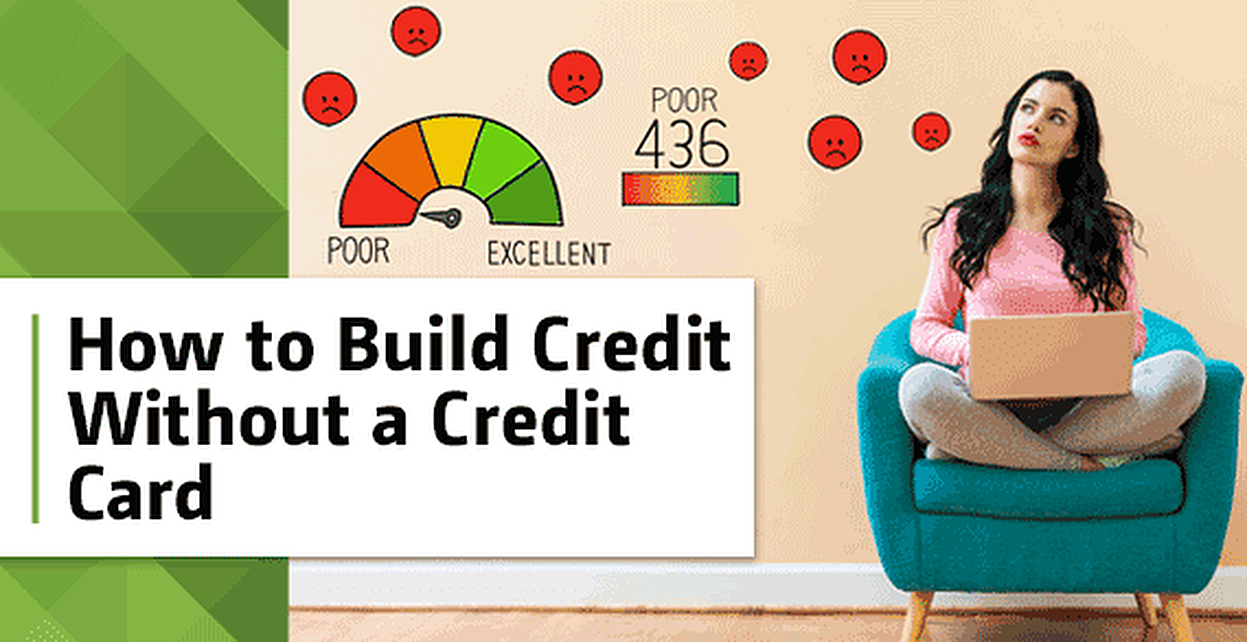Building credit with a credit card is a strategic process that can enhance your financial standing and open doors to better financial opportunities. Here is a step-by-step guide on how to effectively use a credit card to build your credit score:
- Understand Your Credit Score: Before you start, it’s important to know what affects your credit score. Major factors include your payment history, credit utilization ratio, length of credit history, new credit inquiries, and types of credit in use.
- Choose the Right Credit Card: Select a credit card that suits your financial situation. If you’re starting out, consider a secured credit card, which requires a security deposit. For those with some credit history, look for a card with low fees and a good rewards program.
- Make On-Time Payments: Payment history is a significant factor in your credit score. Always pay your credit card bill on time, even if it’s just the minimum payment. Setting up automatic payments or reminders can help ensure you never miss a due date.
- Manage Your Credit Utilization Ratio: This ratio is the amount of credit you’re using compared to your credit limit. Aim to keep your balance below 30% of your credit limit. For example, if your credit limit is $1,000, try to keep your balance under $300.
- Avoid Unnecessary Credit Inquiries: Each time you apply for credit, a hard inquiry is recorded on your credit report, which can temporarily lower your score. Only apply for credit when necessary, and research your chances of approval before applying.
- Regularly Monitor Your Credit Report: Check your credit report annually from the three major credit bureaus—Experian, TransUnion, and Equifax. This helps you track your progress and identify any errors or fraudulent activity that could affect your score.
- Increase Your Credit Limit Wisely: As your credit score improves, you may receive offers to increase your credit limit. A higher limit can lower your credit utilization ratio, but be cautious not to increase your spending along with it.
- Keep Old Credit Accounts Open: The length of your credit history impacts your score. Keeping older accounts open can be beneficial. If you must close an account, consider closing newer ones first.
- Use Credit Responsibly: Only charge what you can afford to pay off each month. Avoid using credit for impulsive purchases or expenses beyond your budget.
- Consider a Credit-Building Loan: If you have difficulty qualifying for a credit card, a credit-builder loan from a bank or credit union can be an alternative way to build credit.
Building credit takes time and patience, but by using these strategies, you can establish a strong credit history that will benefit you in future financial endeavors. Remember, responsible credit card use is key to building and maintaining a healthy credit score.
